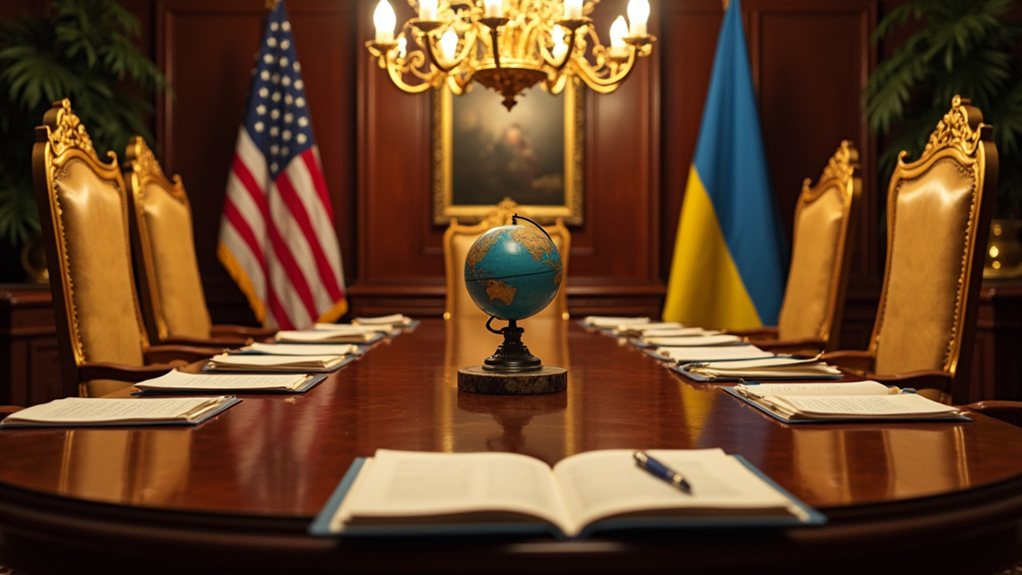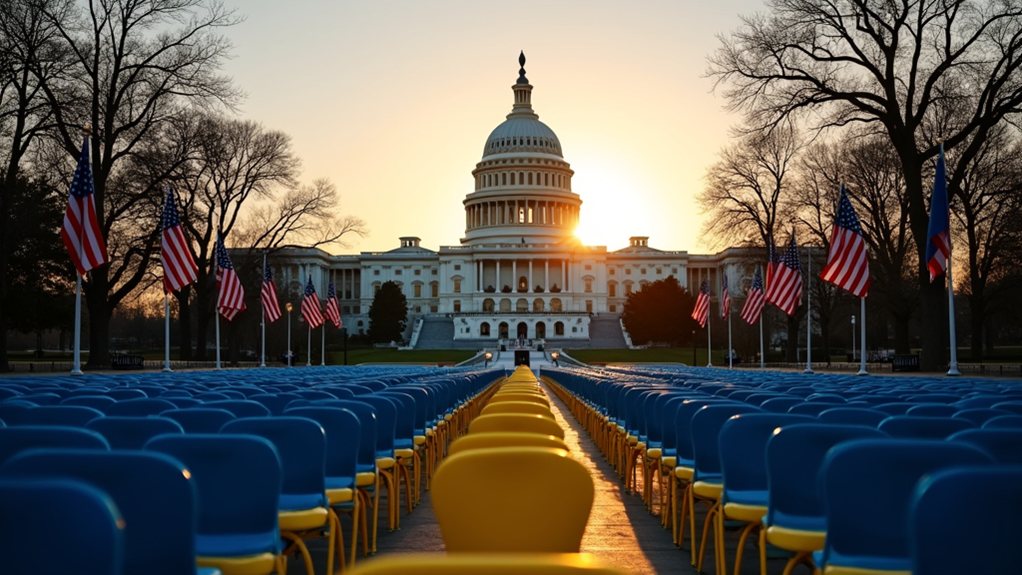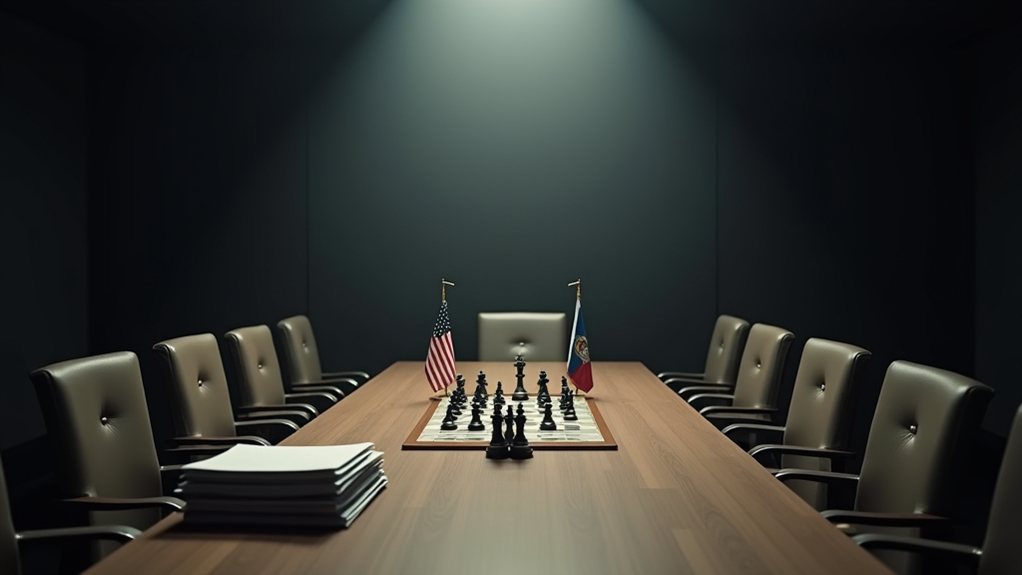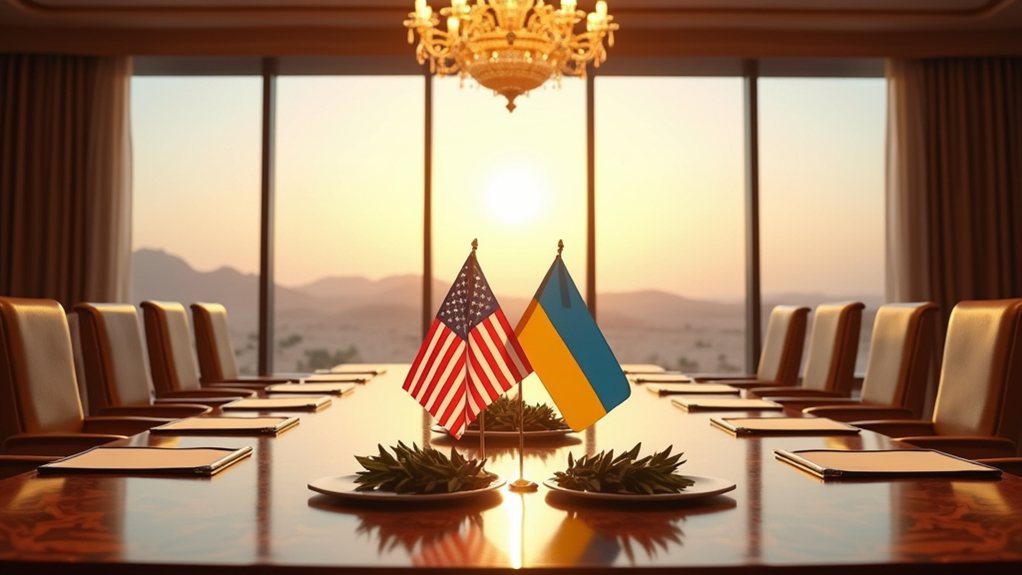Ukrainian President Volodymyr Zelenskyy changed his tone after a recent meeting with former President Donald Trump. In a surprising shift, he moved from a position of defiance to one of deference. Zelenskyy praised Trump's "strong leadership" and expressed his readiness to work with him for peace. He acknowledged that the meeting "did not go the way it was supposed to" but offered gratitude for past U.S. support, particularly for military aid like Javelin missiles.
Zelenskyy proposed several peace initiatives during the meeting. He suggested that both Ukraine and Russia could release prisoners. He also offered a "truce in the sky," which would involve banning missiles and long-range drones, and a "truce in the sea," contingent on Russia's response. He emphasized Ukraine's desire for lasting peace and showed a willingness to move quickly through negotiation stages.
Zelenskyy proposed peace initiatives, including prisoner exchanges and truces in the sky and sea, emphasizing Ukraine's commitment to lasting peace.
Additionally, Zelenskyy expressed readiness to sign a rare earth minerals agreement with the U.S. He viewed this agreement as a step toward greater security guarantees. It would allow U.S. access to Ukraine's mineral deposits in exchange for a reconstruction investment fund for Ukraine. This agreement was already being finalized before the Oval Office meeting. By 2025, Ukraine relied heavily on international aid, particularly from the U.S., amid the ongoing war.
International leaders, including the British Prime Minister and the French President, advised Zelenskyy to recalibrate his strategy. They encouraged him to play by Trump's rules to avoid losing everything. Meanwhile, the White House had frozen U.S. aid to Ukraine. This suspension heightened the stakes for Ukraine-U.S. relations and made Zelenskyy's shift in tone more urgent. US aid uncertainty has left Ukraine in a precarious position, increasing the urgency for Zelenskyy to secure support.
Reactions from the Republican Party varied. Some senators praised Trump's stance, while others criticized the meeting as disastrous. Amid the challenges, fears lingered in Kyiv that the real endgame may not be peace but surrender. Uncertainty remained regarding whether Zelenskyy could truly shift Trump's thinking.









